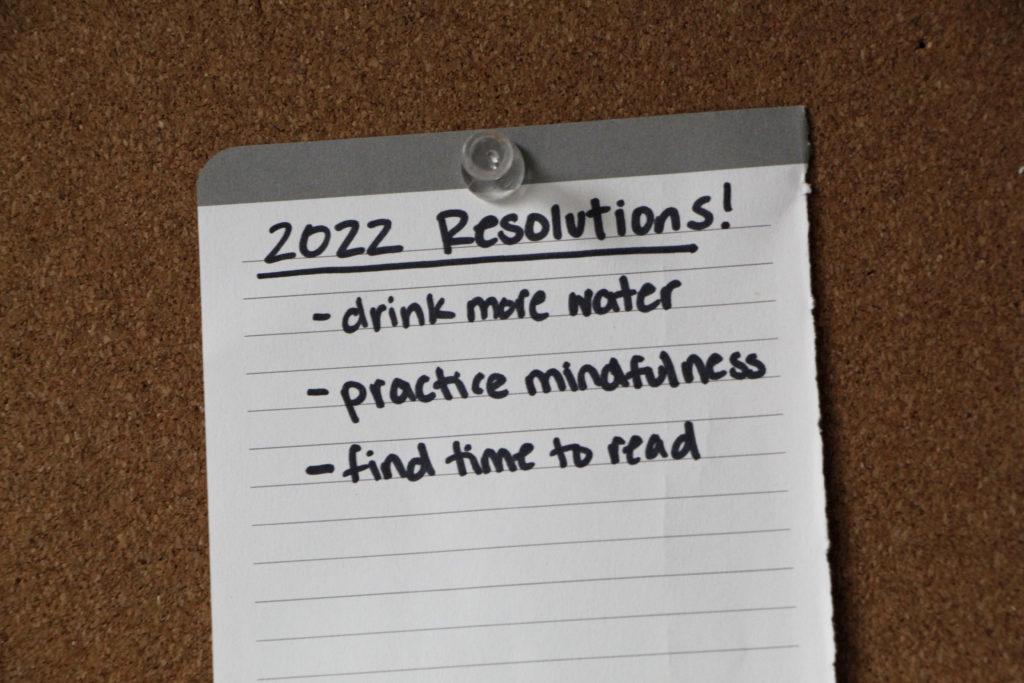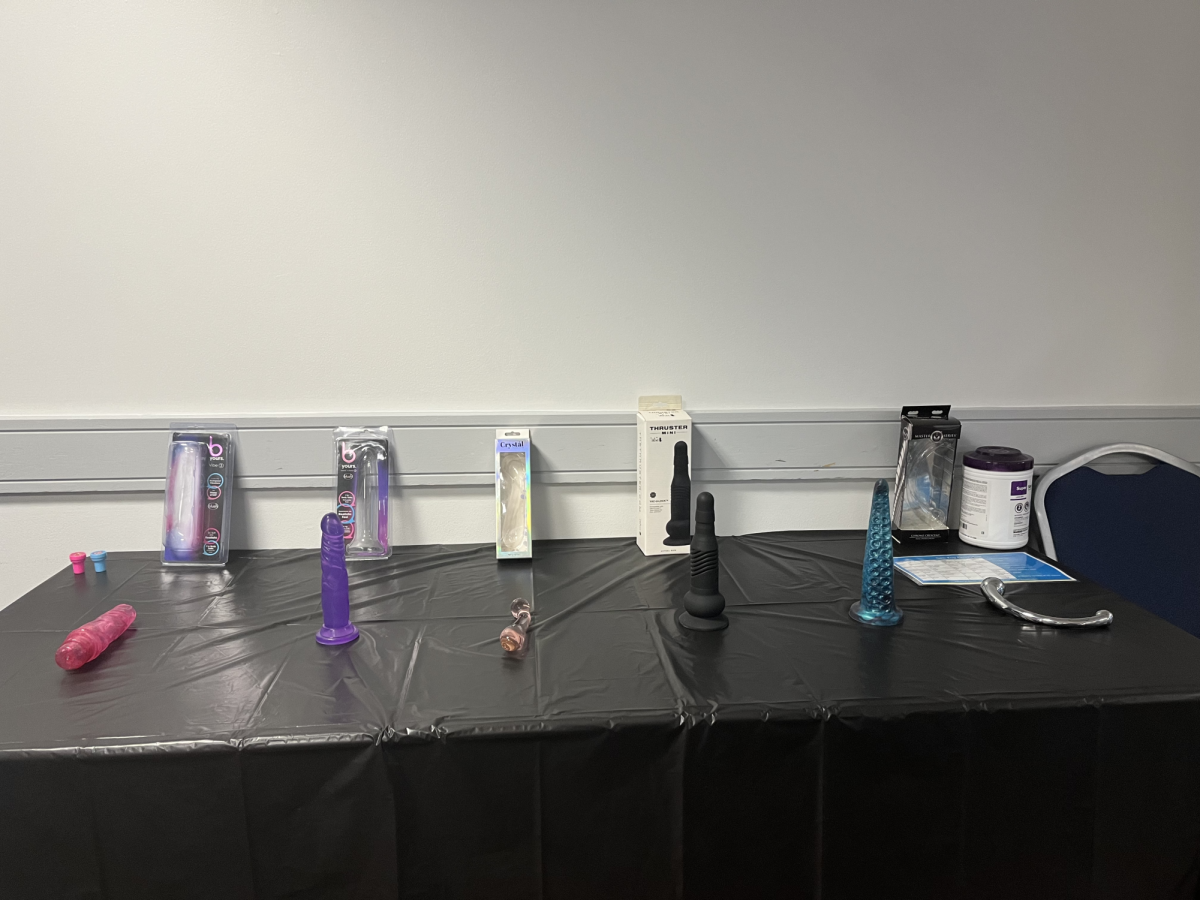The new year comes with the opportunity for self improvement, but be prepared to avoid common resolution mistakes if you want to truly reach your goals.
The common cycle of returning to unfulfilled resolutions each new year points to weak spots in the way people tend to formulate and tackle these annual goals. To help set you up for success in reaching your New Year’s resolutions, we’ve compiled some ideas that address some of the pitfalls you may have faced before.
Avoid extreme resolutions
While the clean slate that New Year’s provides can be incredibly motivating, attempting to enact extreme changes to your lifestyle without preparation can set you up to not meet your goals. According to an American Psychological Association article about moving from goal setting to goal flourishing, simply being motivated “to change, often observed as stating intentions through goals, doesn’t necessarily ensure nor predict successful change.”
The probable risk of failing “a high and specific goal can damage self-related factors like affect, self-esteem, and motivation,” according to a study about the consequences of goal failure published in the Frontiers in Psychology Journal.
The all-or-nothing mindset often associated with extreme goal setting can be detrimental to the resolutions you are so motivated to accomplish. Unfortunately, the punch of motivation that the new year packs tends to make people set largely unrealistic goals like quitting something cold turkey after prolonged use, jumping right into a very strict diet with no preparation or committing to reading a book a week when you don’t read much in the first place.
When you lack preparation and leave yourself no room for error, you should expect not only failure of that goal but lack of motivation to tackle future goals, according to the study published in the Frontiers in Psychology Journal.
You may already be ten days into your resolutions, but take a step back and think about their viability in your lifestyle. It’s not too late to scale back on the expectations you set for yourself, and you shouldn’t consider doing so giving up or shying away from your goals. Assess how motivated you still feel if you started Jan. 1, or take some time to relax some of the guidelines you set for yourself if you haven’t started yet.
Allow room for mistakes
No one is perfect, not even the best new version of yourself you hope to become this year. Think about any major goal you’ve reached or achievements you’ve earned so far in life and you’ll be hard pressed not to remember road bumps you encountered along the way. Making New Year’s resolutions without the expectation of failures in the process is not the most effective way to reach your goals.
According to a Psychology Today article by Gabriel Young, a professor of psychology at Pacific Oak College in San Jose, California, anticipating your own human error in moments of low motivation or willpower is crucial to keeping resolutions. You’re more likely to be able to avoid the feeling that your resolution is “broken,” and that you have failed completely.
Young cites the psychological term “Abstinence Violation Effect,” which he explains is the tendency for people in recovery to go into complete relapse when they fail to abstain from whatever is they are trying to quit. This relapse mirrors what happens to people after failing any extreme goal.
Instead, Young said “a healthy goal will anticipate failures and prevent them from derailing the resolution.”
Consider setting intentions instead of resolutions
You don’t have to believe in manifestation, which is the idea that aspirational thoughts can become your reality, to reap the benefits of setting intentions.
This alternative to resolutions often takes the form of a statement of desire rather than a rule meant to prevent yourself from engaging in certain behaviors. According to an article by Diana Raab, a transpersonal psychology expert, published in Psychology Today, you can think of intentions as “a positive call to action about something you want to do, rather than something you don’t want to do but feel that you ‘should.’”
The idea is that setting positive intentions can give “direction” to your life based on true desires and be continuously motivating factors for actively and passively altering your behavior on a daily basis, according to Raab. One way you might reap the benefits of setting intentions is a change in your attitudes toward and perception of obstacles in your life.
Intentions can be broad – phrases like “I will be more self-aware,” and “I will make healthy choices for my body and mind,” or more specific like “I will find a satisfying job,” and “I will become financially independent” are good intentions to start with.
Seek personalized accountability
You’ve probably heard of or tried having an accountability partner for New Year’s resolutions, but you might not have thought about what kind of accountability works best for you.
One way to decide the type of accountability that will work best for you in your resolutions or intentions is to reflect on what type of criticism is most effective for you in academics, the workplace and in relationships. This could be a self-reflective criticism, a formulaic critical evaluation by a peer or mentor, feedback you get from the recipients of your work, open one-on-one conversations about improvement or, for some people, a harshly critical check-in.
If you can understand what type of criticism has previously been useful to your success, you can seek out accountability from friends or family in that same form as a more effective way to help keep you on track. Without clear expectations of the type of accountability you will receive, how you want your success to be measured or what form you expect feedback in, accountability could be a recipe for conflict with those you seek it from.








